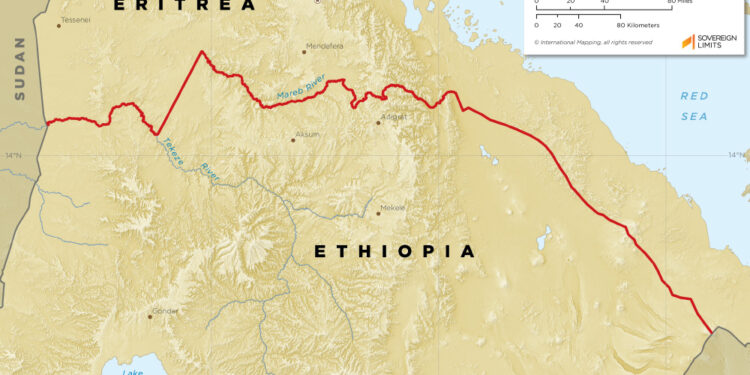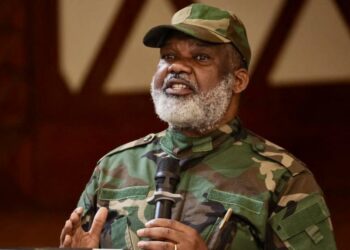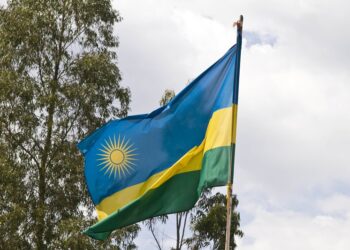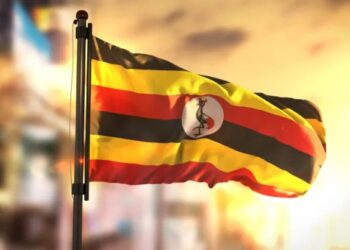Eritrea has accused Ethiopia of making threats and concentrating forces near areas along their common border.
Eritrea’s information minister, Yemane Gebre Meskel, made the allegations against the Ethiopian authorities on X (formerly Twitter) over the weekend amid fresh tension between the two neighbors.
One of Africa’s newest countries was a province of Ethiopia until an independence referendum led to its formal breakaway32 years ago.
News of the latest troop deployment comes as Ethiopia’s Major General Teshome Gemechu was quoted by local media as saying, “Access to the sea is a matter of existence. It is something you can pay any price for.”
Ethiopian Prime Minister Abiy Ahmed also recently made the same statement, stating that this maritime agenda will gather pace after the inauguration of the Grand Ethiopian Renaissance Dam (GERD) later in September.
PM Ahmed explicitly stated that the price to be paid for it ”is much less than the sacrifice paid to complete the GERD project.”
In July Eritrean President Isaias Afwerki also accused Ethiopia of preparing for conflict with his country, describing Ahmad’s statement as ”childish provocation.”
Ethiopia’s troop deployment near the Eritrean border began in recent months, escalating tensions with its much smaller neighbor and raising fears of a possible conflict in the Horn of Africa.
This is coinciding with Eritrea’s nationwide military mobilization in an apparent response to landlocked Ethiopia’s ongoing quest for maritime access to the Red Sea, an agenda Asmara regards as a threat to its territorial integrity.
During a recent interview, Ethiopian General Gemechu raised questions about the circumstances under which the Red Sea port city of Assab was included as part of Eritrea. According to him, the city was autonomous at the time, “but the transitional government, then, which did not have a mandate, handed it over to Eritrea.”
In response, Gebre Meskel wrote, “The trite arguments—or political hogwash, so to speak—are too fallacious to merit serious discourse.”
Furthermore, he stated that “There is a visible resurgence of reckless saber-rattling, accompanied by disdainful distortion of Eritrea’s ancient, medieval, and modern history, by the ruling Prosperity Party of Ethiopia officials and trolls these days.”
The minister also responded to claims by Ethiopian officials, faulting the 1993 referendum in Eritrea, which led to independence with 99.83% of voters in favor of leaving the federation with Ethiopia.
Meskel argued that the referendum was conducted through the unilateral choice and decision of Eritrea in accordance with established modalities, which rendered the outcome incontestable.
Ethiopia and Eritrea fought a bitter two-year border conflict that ended in 2000, and although there has been a brief period of rapprochement following the coming to power of PM Ahmad in Addis Ababa, relations have been strained in the last two years.
Observers say changing alliances, disparate geopolitical objectives, ethnic rivalries, and maritime ambitions are taking the Horn of Africa to the precipice of regional war.



























































